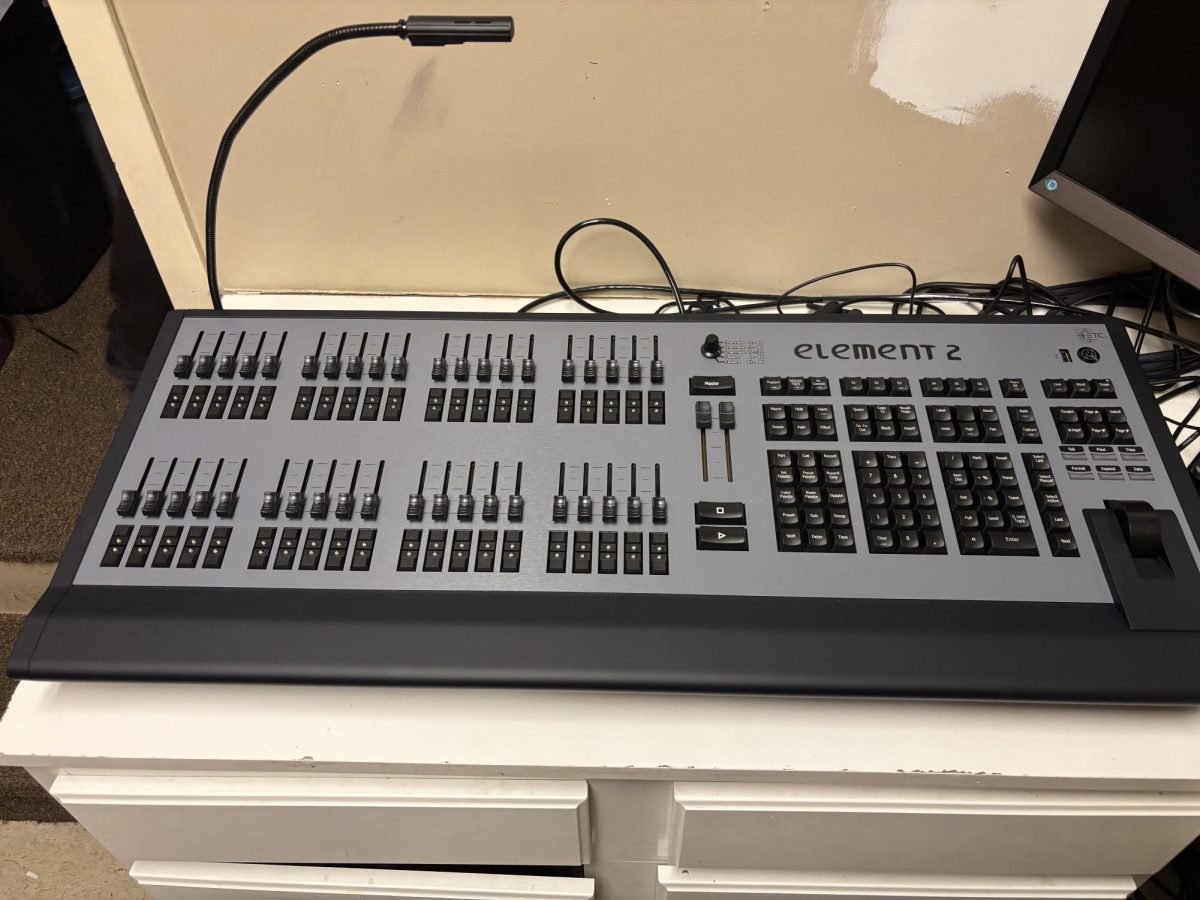This 2023-2024 school year, MSHS administration implemented a new late work policy, which states that, “Late work submitted within the assigned unit but after the deadline will receive a 10% deduction. Late work submitted after the assigned unit will receive at least 50% of credit earned.” However, some teachers prefer a policy that allows for full credit submissions until the end of the unit.
Vienna Montoya-De Smidt (10) thinks that the concept of grading as a teacher is already difficult enough without a multitude of late work on top. “It’s definitely not fair to teachers that students often turn in late assignments considering that they already have to work under very difficult conditions, and time management for them is more than precarious,” she said.
Montoya-De Smidt also feels that some students do abuse the late work policy, but late work itself is not inherently bad. “I think that sometimes students will try to use the late work policy to their advantage for less than legitimate reasons,” she said. “But generally, I believe that submitting work late is not meant as an intentional abuse of policy.”
She noticed that most teachers follow the basic late work grade reduction procedure but have the option to change their personal policy. “I’ve found the current late work policy moderately accommodating,” Montoya-De Smidt said. “Especially considering that it allows for teachers to be more lenient, as most of the teachers I’ve had tend to only follow the end-of-unit grade reduction policy.”
Montoya-De Smidt believes that certain situations regarding the late work policy should be considered on a case-by-case basis. “I have struggled with teachers in the past that refuse to provide an extension even for what I would consider to be valid reasons, like illness or other uncontrollable happenings,” she said. “However, I do understand that their workload does not always allow for such concessions to be made with ease.”
Kyle Blasi (10) feels that a policy that takes off no points within the unit prompts him to turn in late work more often, but also finds that it is more convenient with outside activities, such as sports, in mind. “Sometimes it can be tough to balance sports and everything,” Blasi said. “So if teachers have a late work policy where they don’t take off any points if it’s in the unit, then I’m more likely to turn in late work because it won’t affect my grade as much and it can fit better with my schedule.”

Blasi feels that the current late work policy provides a good balance between each teacher entirely choosing their own late work policy, and only having one specific policy that is unchanged among all classes. “I think it makes sense for teachers to be able to change the policy for their class because it can match specific classes and make it custom for every class in every situation,” Blasi said. “And I think having a general policy, like the one that we have now, is good because it regulates things a little bit and provides some uniformity.”
Blasi recommends that teachers more often remind students of work. “I think teachers reminding students that they have work and telling them about different due dates is helpful because it kind of jogs my memory,” Blasi said.
Keira Heffler (12), a senior at MSHS, enjoys it when teachers allow assignments for full credit until the end of the unit, but dislikes that many assignments have to be turned in on the exact due date. “You have to get it in on the exact day,” Heffler said. “And that’s not really fair.”
Montoya De-Smidt wants students to keep in mind that not everyone gets access to education. “It’s important to keep in mind that we’re very lucky to have access to public education, and in suit, we should respect our teachers and their struggle,” Montoya De-Smidt said. “My only qualm about how late work is treated is that it’s generally considered to be a sign of incompetence or disinterest in regards to the curriculum, but I think that even while some students often turn work in late, we can still have a passion for learning, just with a side of our own problems.”











































